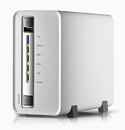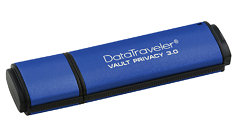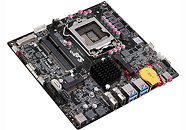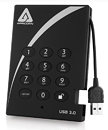Apacer Unveiling New SSD Data Security Technologies at Computex 2014
The world-leading industrial SSD manufacturer, Apacer,presents a mass of SSD data security protection technologies at COMPUTEX TAIPEI 2014, which upgrades SSD value-added technology - once again. To achieve comprehensive secure data storage, Apacer drives the evolution of the original CoreSecurity technology and launches Boot Protect security function with strengthened protection management, which can be activated immediately by the UrKey, a USB-based 2 way dongle for data protection.
Furthermore, the seamless wide-temp waterproof industrial SSDs, groundbreaking MLC-mix technology enabling combination with MLC chips and PCIe Adapters will all be unveiled at this exhibition, innovating SSD applications.
Furthermore, the seamless wide-temp waterproof industrial SSDs, groundbreaking MLC-mix technology enabling combination with MLC chips and PCIe Adapters will all be unveiled at this exhibition, innovating SSD applications.




































